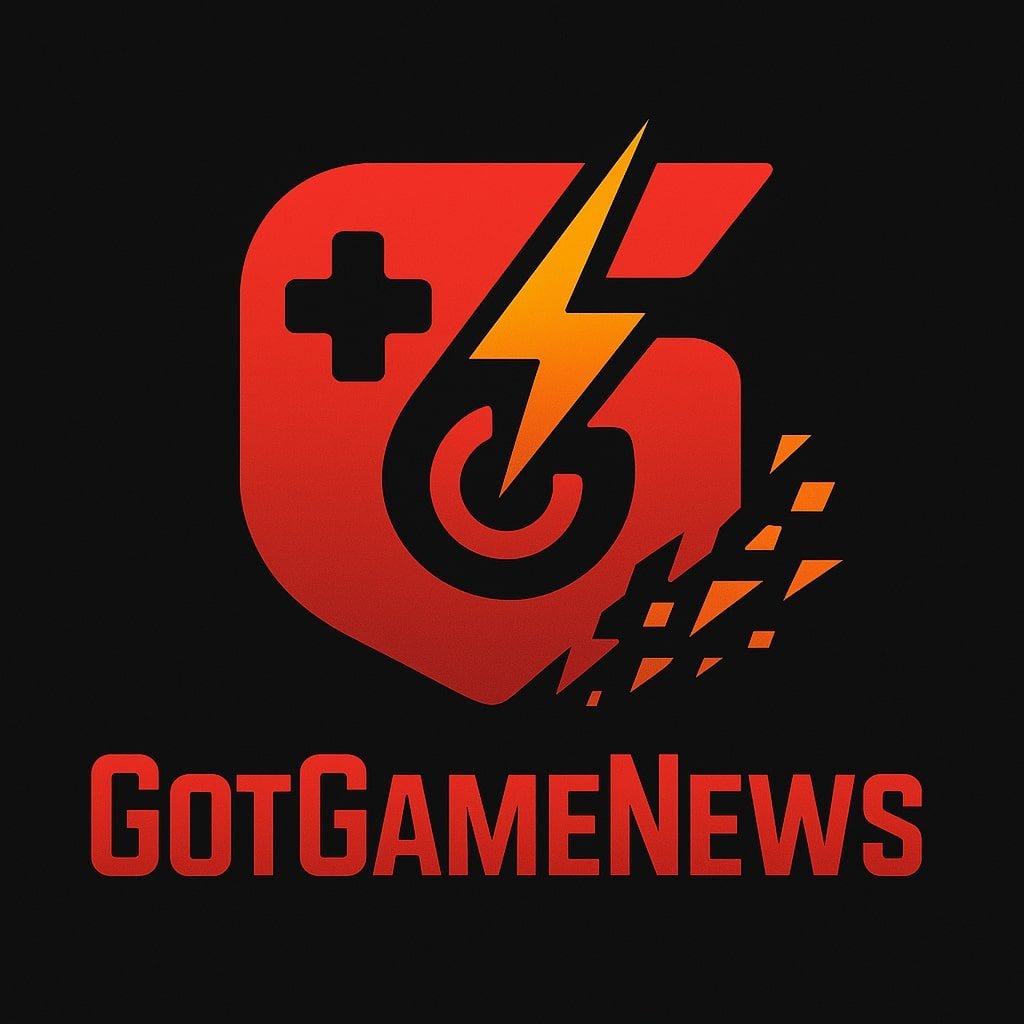Warner Bros. Games just hit the reset button on its entire strategy, pivoting hard to focus on four powerhouse franchises: Harry Potter, Game of Thrones, Mortal Kombat, and DC. After a rough start to 2025 marked by layoffs, shuttered studios, and underperforming titles, this move isn’t just a tweak—it’s a full-on strategic overhaul.
The Fallout That Forced a Reset
Let’s not sugarcoat it: 2025 hasn’t been kind to WB Games. Here’s what went wrong:
- Q1 2025 revenue dropped by nearly 48%, largely blamed on the flop of Suicide Squad: Kill the Justice Leagueand sluggish Mortal Kombat 1 support.
- Fan-favorite studios like Monolith Productions, Player First Games, and WB Games San Diego were shut down.
- The highly-anticipated Wonder Woman game? Canceled before it even got a trailer.
- To top it off, longtime gaming chief David Haddad exited the company in early 2025 after 12 years at the helm.
All of this turmoil forced Warner Bros. Discovery to rethink its approach. The answer? Bet big on what already works.
The New Power Structure: Franchise First
WB Games is now structured around four core IP pillars, each with its own leadership and roadmap:
1. Harry Potter
- Led by Yves Lachance (former WB Games Montréal boss)
- Likely future: Hogwarts Legacy sequel or massive DLC
2. Game of Thrones
- Also under Yves Lachance
- With the HBO series still dominating, expect new RPG or strategy projects to capitalize on the Westeros hype
3. Mortal Kombat
- Managed by Shaun Himmerick (NetherRealm Studios vet)
- Expect deeper post-launch content, maybe even a new game or Injustice 3
4. DC
- Also under Himmerick
- Batman: Arkham style games could return; Wonder Woman is off the table, but Superman, The Flash, or Justice League revamps could be brewing
Bonus Move:
- Steven Flenory (WB Games New York) is now SVP of Central Tech & Services—handling QA, support, and shared tech pipelines.
Why This Matters for Gamers
This restructuring isn’t just a corporate shuffle—it directly impacts what games you’ll be playing in the next 3-5 years:
- Franchise Quality Control: With focused teams, expect tighter narratives, better polish, and fewer half-baked live service experiments.
- Faster Sequels, Smarter DLC: Instead of spreading thin across random projects, WB can double down on proven winners.
- Possibly Fewer Cancellations: Centralized leadership reduces creative whiplash and budget blowouts.
Real-World Example:
Hogwarts Legacy sold over 22 million copies in its first year—making it one of WB’s most successful games ever. It’s no wonder they’re putting a wand-shaped crown on that franchise and scaling it.
Meanwhile, Mortal Kombat 1: Definitive Edition underwhelmed players due to its sparse content and balance issues. With Himmerick now directly overseeing both MK and DC, there’s a real chance for a redemption arc.
Expert Insight: This Is a Safe—but Smart—Play
While some fans might worry this means fewer risks and fresh ideas, let’s be real: IP-first is the AAA industry norm now. From Ubisoft focusing on Assassin’s Creed to EA milking EAFC, publishers want brands with guaranteed ROI.
What Gamers Should Watch:
- Next Hogwarts game announcement – Will they finally add Quidditch?
- New Game of Thrones RPG – Can it compete with The Witcher or Elden Ring?
- Injustice 3 or MK spin-off – Time for a NetherRealm crossover event?
- Rebooted DC titles – Could we get a Superman game that doesn’t suck?
Final Word: Back to Basics with Blockbusters
This isn’t a bad thing. After a year of chaos, WB Games is choosing stability, fan service, and mega-franchises over risky passion projects. It might feel “safe,” but it also means better games and fewer duds.
What do you think? Are you hyped for more Hogwarts and less chaos? Or would you rather WB took a few more creative risks? Drop your take in the comments or hit us up on socials.







